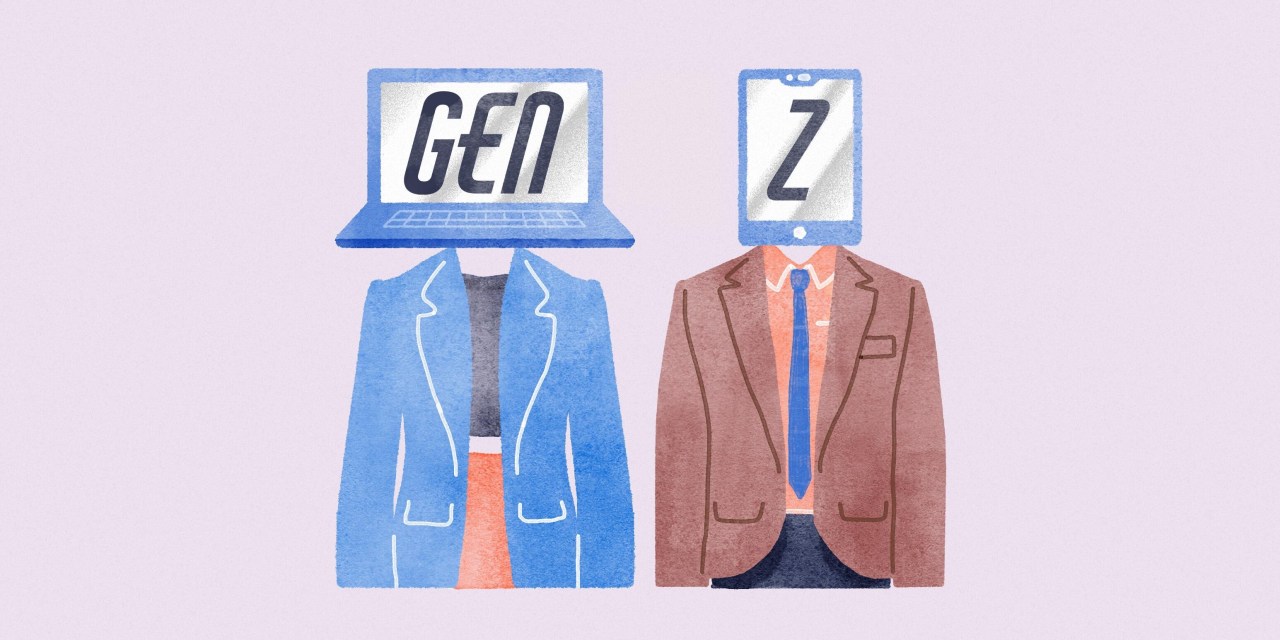What Gen Z really wants now — and what it means for HR recruiting and retention strategies

Gen Z is a group saddled with stereotypes, one being indifference about work. “Generation Apathy” is one headline that’s been used to describe them. “Gen Z Is Toxic for Companies” is another.
But new research from Udemy, a workforce training platform, paints a different picture, one that could aid HR leaders as they work to engage, develop and retain an emerging pool of talent.
According to the survey, based on responses from more than 6,500 multigenerational workers, 65% of Gen Z are highly motivated by professional development, besting millennials and Gen X. It’s a finding that not only challenges assumptions but also offers a roadmap for HR leaders toward aligning strategies with Gen Z’s priorities and learning preferences.
The rise of generative AI has caused Gen Z to get serious about upskilling, underscoring their professional drive. Unlike prior generations, the survey revealed, Gen Z places a high value on learning new skills, particularly those tied to career growth and job security. That focus presents a significant opportunity for HR leaders around creating more personalized and engaging learning and development programs.
“HR plays a pivotal role in ensuring that Gen Zers gain the training and comfort needed to make generative AI work for themselves and their organizations,” said Rick Hammell, founder and CEO of HCM and payments platform Helios. “By focusing on transparency, targeted training, open communication and support systems, HR can help cultivate a positive attitude towards AI, ultimately enhancing both individual and organizational performance.”
The relationship between Gen Z and AI has its complexities. On the one hand, 7 in 10 respondents to the survey expressed interest in AI-driven, personalized learning experiences. Meanwhile, nearly half said they were skeptical of the effectiveness of AI, with widespread concerns about accuracy and bias.
While AI is important to more than one-third of Gen Z workers, Udemy found that soft skills are equally critical to the group. In fact, more than 8 in 10 respondents identified skills like communication and critical thinking as essential to their professional success.
For HR, that represents an opportunity to revisit training programs and upskilling initiatives. Traditionally, much focus has been placed on hard skills like technical proficiency, but as the workplace becomes more collaborative and diverse, soft skills will be equally — if not more — valuable.
Despite the apathy label, Gen Z is a demographic that’s hungry for knowledge, with more than 9 in 10 dedicating at least an hour each week to learning, per the study. Thus, employers are advised to offer a mix of educational formats — from cohort-based learning to project-based training — to ensure that Gen Z employees not only learn effectively but also feel connected to their company and colleagues, addressing their professional development as well as social needs.
One thing is essential when designing any training program for Gen Z, suggests John Scott, head of leaning and design at MasterClass at Work: that they be included. The learning platform has launched a 3-part series, “Achieve More with GenAI,” focused on how to apply the technology to one’s job.
“Organizations should understand the user problem they are solving and work closely with users to ensure the tools and solutions they implement actually solve relevant problems,” said Scott. “That means, organizations should bring Gen Z employees to the table to co-design solutions that leverage AI to solve relevant challenges for early career professionals.”

